US to Suspend Visas for 19 Nations Starting June 9

A far-reaching travel ban, enacted by the Trump administration, is poised to significantly curtail entry into the United States for millions of individuals across 19 countries, effective June 9, 2025.
The policy, framed by the administration as a critical measure to bolster national security, imposes a complete suspension of travel from 12 nations, while enforcing partial restrictions on seven others. Critics, however, denounce the ban as a politically motivated move that disproportionately impacts vulnerable populations and intensifies global tensions.
The directive builds upon previous immigration restrictions implemented under the Trump administration, broadening its scope to encompass a wider array of countries. The administration cites concerns related to visa overstay rates, deficiencies in identity verification systems, and inadequate cooperation on deportation efforts as primary justifications for the policy. Opponents, conversely, assert that the ban is rooted in political considerations rather than genuine security imperatives.
Under the new directive, nationals from Afghanistan, Myanmar, Chad, the Republic of Congo, Equatorial Guinea, Eritrea, Haiti, Iran, Libya, Somalia, Sudan, and Yemen will be completely barred from entering the US on both immigrant and nonimmigrant visas. This encompasses tourist, student, employment, and family-based visas, effectively severing established travel and immigration pathways for individuals from these nations, leaving many stranded and uncertain about their futures.
Meanwhile, citizens from Burundi, Cuba, Laos, Sierra Leone, Togo, Turkmenistan, and Venezuela will face partial restrictions, rendering them ineligible for immigrant visas and certain nonimmigrant visas, including those in categories such as B-1/B-2 (tourist and business), F, M, and J (student and exchange visitor). Although certain work visas remain available, consular officers have been instructed to limit their validity, thereby complicating long-term travel and employment prospects.
The initial iteration of Trump's travel ban in 2017 triggered widespread protests and legal challenges, ultimately leading to a revised version that was upheld by the U.S. Supreme Court. This latest policy expands upon that framework, incorporating additional countries and refining the administration's rationale. Unlike the 2017 ban, which primarily targeted majority-Muslim nations, the new policy emphasises visa compliance and national security concerns.
The timing of the ban is noteworthy, coinciding with the aftermath of a terror attack in Boulder, Colorado, allegedly perpetrated by an Egyptian national who had overstayed a tourist visa. Trump has seized upon the incident to highlight the necessity of the new restrictions, asserting in a video message that the US must take decisive action to avert similar threats.
"We don't want them," he declared, reaffirming his administration's hardline stance on immigration.
Critics, however, contend that the policy is more about political posturing than genuine security concerns. Oxfam America President Abby Maxman condemned the ban, asserting that it "sows division and vilifies communities seeking safety and opportunity in the United States."
Advocacy groups warn that the restrictions will disproportionately impact families, students, and professionals who rely on US visas for education, employment, and reunification. The consequences for those impacted by the ban are immediate and severe. US embassies and consulates will cease issuing visas in the restricted categories starting June 9. While individuals who already hold valid visas or green cards will still be permitted to enter the country, they may face heightened scrutiny at the border.
Visa renewals and extensions will become increasingly difficult, particularly for students, tourists, and family-based immigrants. While the ban does not directly affect asylum or refugee admissions, those programs have already been curtailed under separate policies. Immigration attorneys advise affected individuals to seek legal counsel and explore alternative pathways for travel and residency. The expanded travel ban reflects the ongoing debate over immigration policy in the United States.

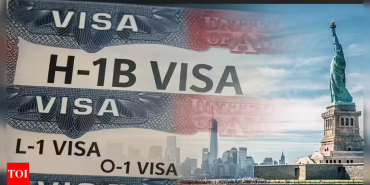
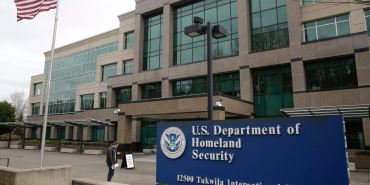
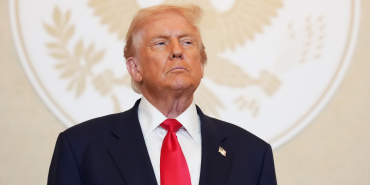
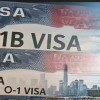
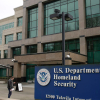


Add new comment